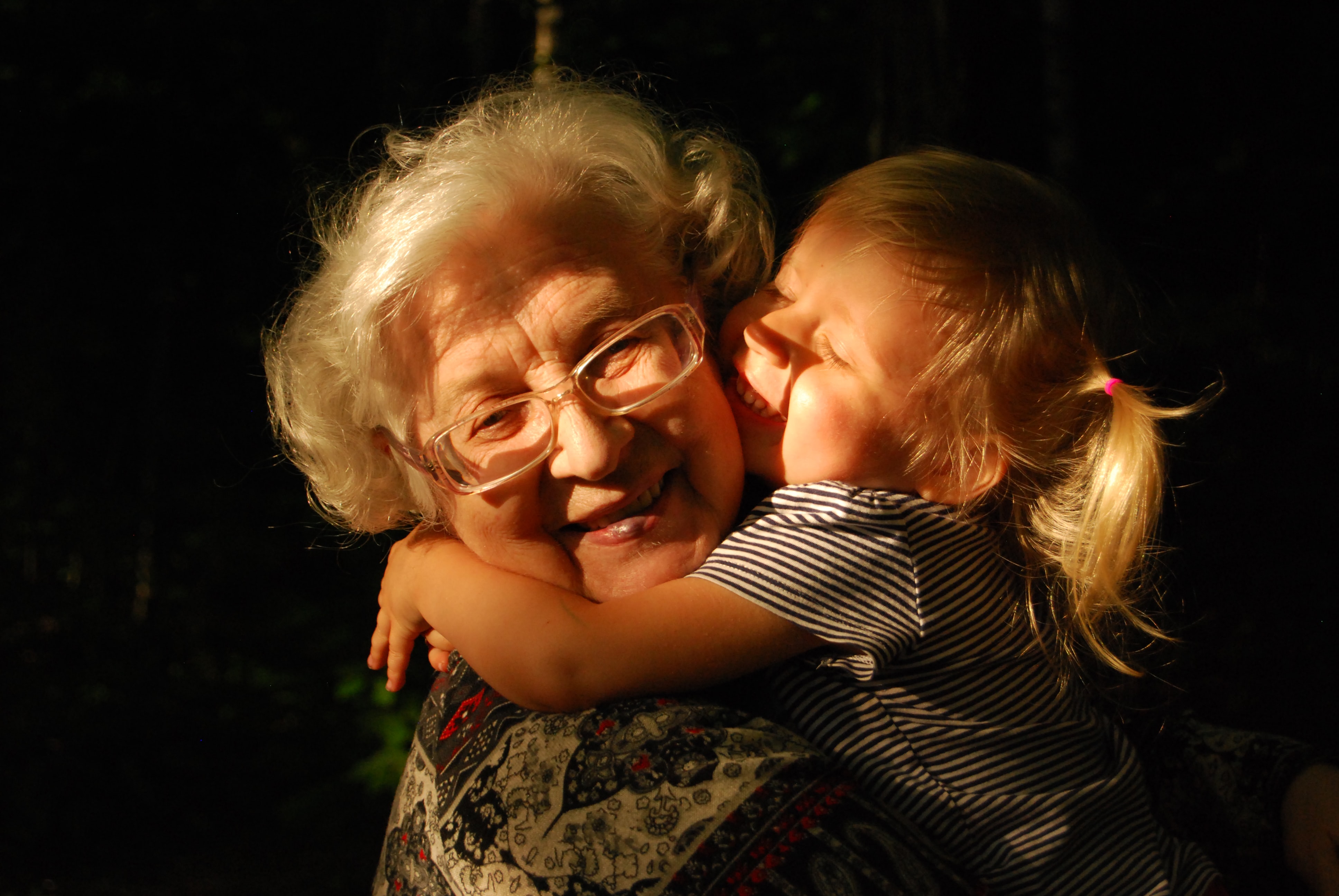Family health history is one of the most important ways to understand the likelihood of future health developments. While gathering this information is recommended, it’s not always easy.
Compiling this information allows doctors and other healthcare professionals to see the bigger picture of health patterns that can be related to genetic and hereditary conditions. With the right information, you and your family can take steps to be proactive with your healthcare.
The genetic counselors at Genetic Support Foundation want to offer some tips on what info you should gather, and ways to make those conversations easier. You can record this information and share it with your family and with your healthcare providers.
Some bits of information that is helpful to get, if possible, include:
- Any health conditions that your relatives have (such as diabetes, cancer, childhood illnesses, etc)
- Any history of children who were born with health issues or passed away at young ages
- Any history of miscarriage or stillbirth
- Any history of intellectual or developmental delays
- The age that they were diagnosed with the health issue
- Date of birth or age and (if applicable) age that they died
Don’t worry about recording things like surgeries or allergies unless it seems related to an underlying health condition. It is also OK if there are some relatives that you cannot gather health history information on.
You may be thinking to yourself ‘How do I ask my family members these types of questions?’ Talking about personal health history is a sensitive topic for many people. Here are some talking points about why discussing family health history is important and tips on how to record it:
- Information about family health history is one way we determine what someone’s risk is for many common health conditions such as heart disease or cancer. By discussing their health history, family members may be helping other relatives improve their ability to prevent or screen for a variety of medical conditions.
- Family health history is like a puzzle; the more pieces we get the more complete the picture is.
- Taking notes can be helpful to record details more accurately.
- Try utilizing several possible avenues, like family reunions, family Facebook groups, and email, whenever comfortable.
Family dynamics can make conversations around sensitive topics difficult, and it is not uncommon for there to be parts of the family that we just cannot get information on.
Some people are protective over their private information, and do not feel comfortable discussing it. Pushing further to gather information if someone is not receptive is rarely effective and may damage your relationship with that person if they feel pressured. If any of the above tips are not helpful, it is OK to let that relative know that you understand that they have reservations about discussing such private information, and encourage them to reach out if they change their mind or have more questions.
It is very common to have one or more branches of our family trees that we are just not able to get information on, and that’s OK. All we can do is take the information that we have available and move forward with that.
If you have any questions about your family health history, please reach out to one of GSF’s certified genetic counselors today.

